Sleep
Resource Center
/ Most Recent /
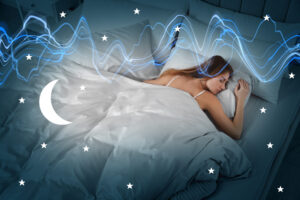
Circadian Rhythms and Metabolic Health
“Sleep is not simply rest; it’s a metabolic reset. Circadian rhythm alignment governs everything from insulin sensitivity to mitochondrial output. When we restore rhythm, we restore resilience.” – Emily Hartsfield, ND Most healthcare
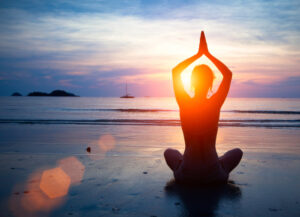
Feeling Stressed? Find Your Zen
Summary: In today’s stress-laden environment, incorporating various supplements may be a consideration to mitigate the effects of stress and enhance overall well-being.* L-theanine, an amino acid found in tea, supports a calm focus
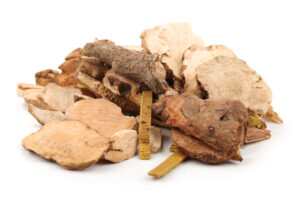
Magnolia Bark for Mental Health and Stress Support
Summary: Magnolia bark, derived from the bark of the Magnolia officinalis tree, has been used for centuries in traditional Chinese medicine for its calming properties.* Recent scientific research has begun to explore magnolia bark as
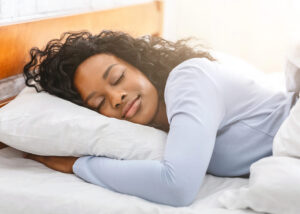
3 Amino Acids for Better Sleep and Relaxation Support
Summary: In today’s fast-paced world, dealing with stressors and consequent sleep disturbances is becoming increasingly common. While melatonin is widely recognized for its role in regulating sleep, three amino acids that are emerging

Understanding and Treating the Pain/Sleep Connection
In this episode of the OneMedicine Podcast, we discuss the impact of poor sleep on overall health with a specific focus on pain. Chris reviews the biochemistry and offers ways to help your

Study Uncovers Another Reason to Avoid Ultra-Processed Foods
A study published in the Journal of the Academy of Nutrition and Dietetics shows that a high intake of ultra-processed foods is associated with insomnia.
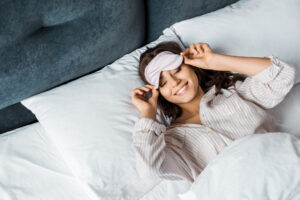
A Good Night’s Sleep—Essential for Full Body Restoration
When looking at the word restoration, REST is the first four letters of this essential pursuit. As clinicians treating patients with sleep disorders, we invariably look to restore homeostasis, whether it be hormone
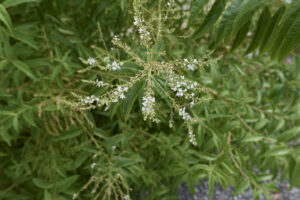
Lippia citriodora Extract in Sleep and Anxiety Management: Clinical Evidence and Implications
Stress-related disorders and sleep disturbances continue to rise in prevalence and the search for safer, non-pharmacological interventions is becoming increasingly needed. Sleep deprivation is a substantial public health issue, and more than half
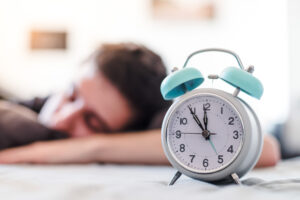
Best Forms of Magnesium for Sleep
The magnitude of magnesium’s importance in the human body cannot be understated. This master mineral is the fourth most abundant element in the human body and is responsible for over 300 biochemical reactions
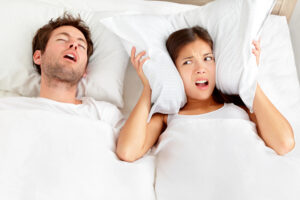
Vegetarian Diet for Sleep Apnea
It’s no secret that a plant-based diet offers nearly unlimited health benefits. Research shows that a vegetarian or vegan diet can lower body mass index, blood sugar, and cholesterol, as well as the
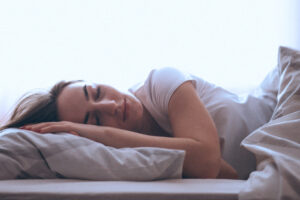
The Glymphatic System, Shoden Ashwagandha and the Dynamic Interplay of Sleep and Aging
In order to fully understand the role of sleep as it relates to aging, its necessary to embark on an in-depth exploration of the intricate interplay between sleep, aging, and the potential therapeutic
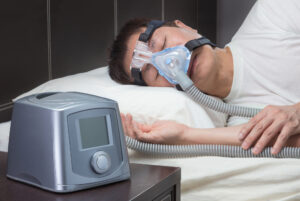
Sleep Problems Increase Risk of Stroke
A study published in Neurology finds that sleep issues ranging from excessive snoring to prolonged napping can increase the risk of having a stroke.

